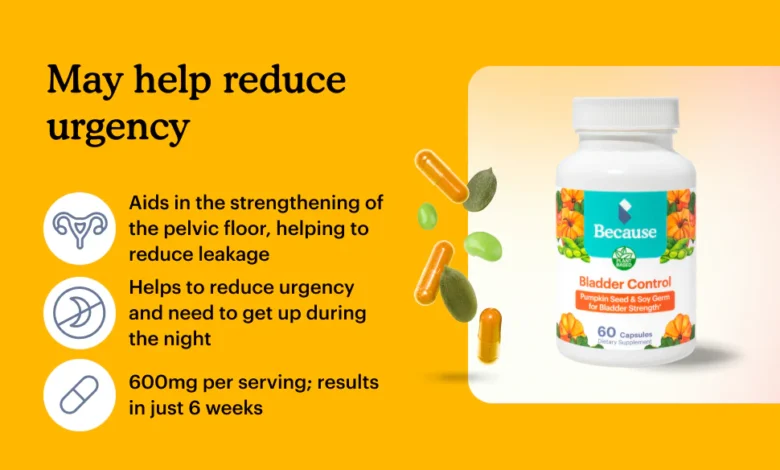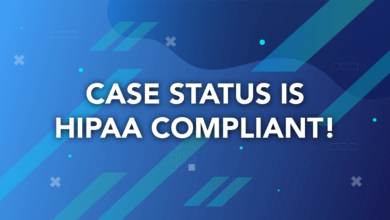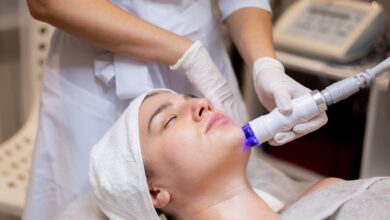Taking Back Control: Effective Remedies for Overactive Bladder

Overactive bladder syndrome affects millions of people globally (OAB). It is characterized by a frequent, unexpected, and often challenging to manage the need to urinate. This condition can significantly impact a person’s quality of life, causing mental distress, social shame, and disruptions in everyday activities. While OAB can affect individuals of any age, it is more common in older adults. Dietary habits, lifestyle, and underlying medical conditions can all exacerbate the symptoms of OAB.
Thankfully, several effective overactive bladder remedies can help control symptoms and enhance quality of life. People with OAB have many choices to recover, control, and lessen the frequency and urgency of their urine, ranging from dietary adjustments and lifestyle changes to medication interventions and complementary therapies. This article thoroughly explores these remedies, providing a comprehensive guide for those seeking relief from overactive bladder symptoms.
Bladder Training
Bladder training is a method that modifies the frequency of pee to enhance bladder control. It starts with logging your bathroom visits and gradually extending the interval between them. This method helps increase the bladder’s capacity to hold urine, reducing urgency and frequency. Planning your bathroom trips and adhering to a strict schedule can teach your bladder to be more efficient. Consistent practice can reduce the urge to urinate, giving you more control over your daily activities.
Dietary Changes
Drinking and eating habits can have a significant impact on your bladder. Reducing your intake of stimulants such as alcohol, caffeine, and spicy meals might help ease the symptoms of an overactive bladder. Although staying hydrated is essential, spreading your fluid intake throughout the day is preferable to ingesting a lot. Consuming too much liquid at once can put unnecessary pressure on the bladder, leading to more frequent trips to the bathroom. Additionally, incorporating bladder-friendly foods, such as fruits and vegetables, can provide further benefits.
Pelvic Floor Exercises
Strengthening the pelvic floor muscles can significantly decrease the symptoms of an overactive bladder. Kegel exercises are particularly beneficial, as they improve muscle tone and help control urination. Consistency is vital; performing these exercises several times daily can make a noticeable difference. Squeeze the same muscles you use to urinate, hold the position for a short while, and then release the tension to execute Kegels. Regular practice can lead to better muscle control and fewer bladder leaks. Over time, these exercises can effectively enhance your ability to manage bladder urges.
Medications
In some cases, medications might be necessary to manage the symptoms of an overactive bladder. Drugs like anticholinergics can help reduce frequent urges by relaxing the bladder muscles. It would be best to speak with a healthcare professional to find the right action for your circumstances. For many patients, anticholinergics considerably enhance bladder function. Your doctor can help you find the proper medication and dosage according to your needs and medical history.
Herbal Remedies
Several herbs can help manage bladder symptoms for those who prefer natural treatments. Herbs like saw palmetto and pumpkin seed extract have been praised for their bladder-supporting properties. It is imperative to see a healthcare professional before using herbal therapies, mainly if you are also on other medications. Herbal remedies can offer a more holistic approach to managing an overactive bladder, but ensuring they are safe and effective for your circumstances is essential.
Lifestyle Adjustments
Managing an overactive bladder can also be aided by little routine adjustments. Keeping a healthy weight, avoiding excessive lifting, and adopting hygienic practices in the restroom can all help lessen symptoms. Urine diaries are one of the most valuable tools for identifying patterns and triggers. Timing, frequency, and conditions of your bathroom visits can be recorded to assist you and your healthcare physician create a customized strategy for better symptom management.
When to See a Doctor
You must consult a healthcare provider if natural remedies and a lifestyle change don’t help your symptoms. Persistent symptoms may be a sign of underlying conditions that need attention. Taking action early can prevent issues and improve your quality of life. Healthcare providers can offer personalized treatment options and support. Overactive bladder can be managed with bladder training, dietary changes, pelvic floor muscle exercises, medications, and herbal remedies. The best results often come from a personalized approach, so try different methods to see what works best for you. It’s essential to be patient and persistent when looking for practical solutions.



